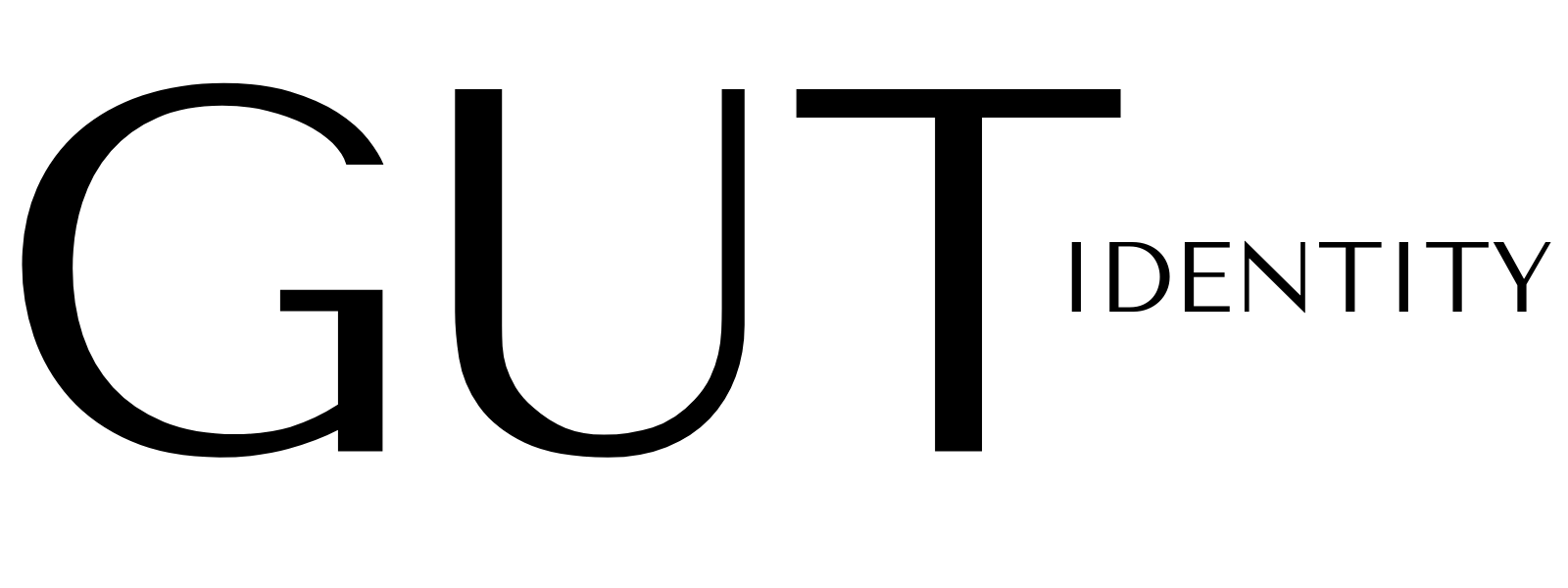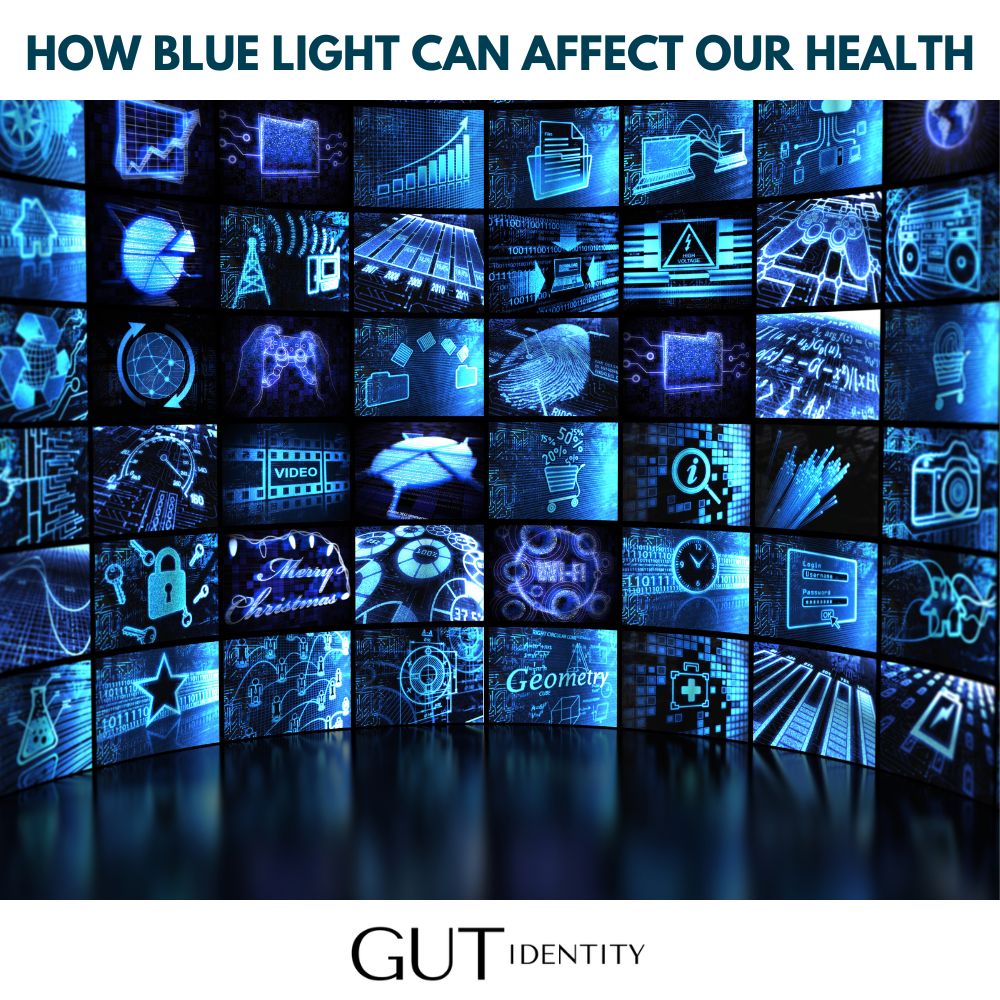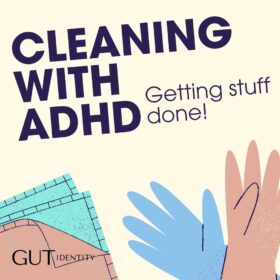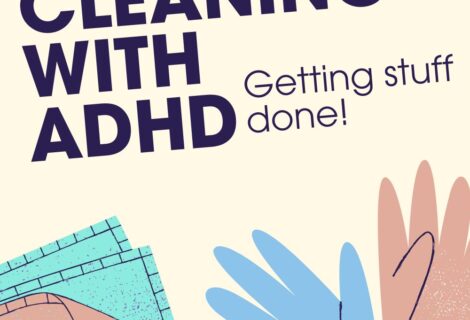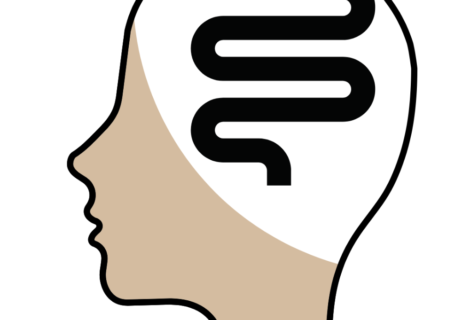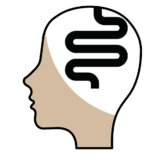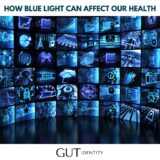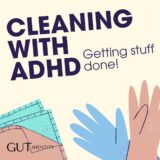Exposure to blue light can affect our health and have an impact on our general well-being. Exposure to blue light throughout the day, and particularly at night, can cause us health problems but there are ways we can limit it.
Let’s look at some ways exposure to blue light can affect our health:
blue light and its effect on our health
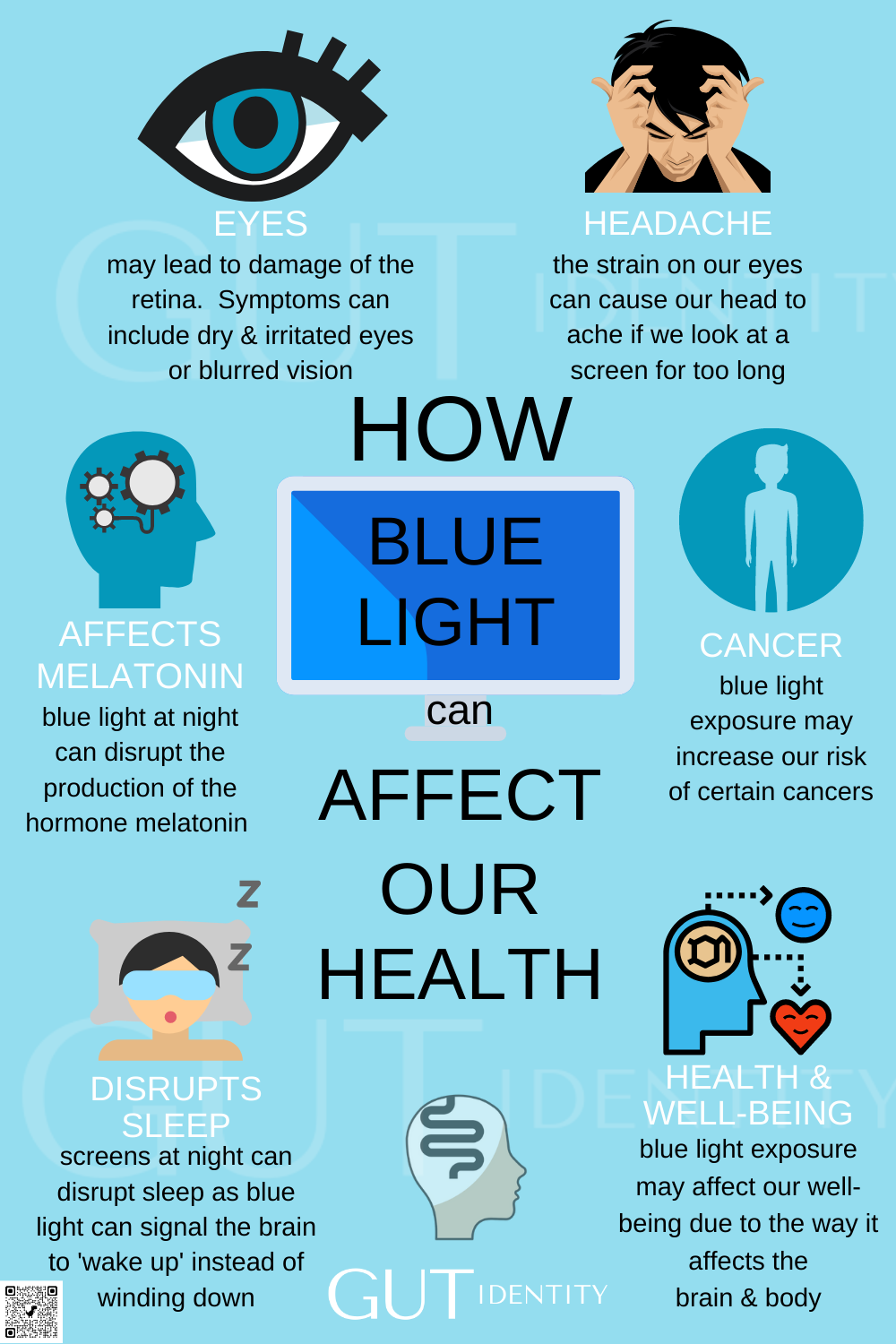
blue light can trigger headaches

Blue light, particularly from electronic devices like smartphones, computers, and tablets, can trigger headaches and migraines in some people.
Beware the sneaky blue light, especially after sunset! It can play tricks on our body clock by messing with our melatonin production. This sleep sabotage may leave us tossing and turning all night. This disruption can lead to poor sleep quality or even insomnia, which in turn can trigger headaches
Some of us are more sensitive to blue light than others. For these individuals, exposure to blue light can directly trigger headaches or migraines. Additionally, flickering screens, although invisible to the human eye, can still cause discomfort and contribute to headaches in some individuals.
blue light may increase our risk of certain cancers

The relationship between blue light exposure and cancer is an area of ongoing research, and the evidence is not yet in. However, some studies suggest that prolonged exposure to artificial sources of blue light, particularly at night, may have implications for cancer risk. Check out the references at the bottom of the post.
Disruption to our circadian rhythm can cause a host of problems and has been linked to an increased risk of certain types of cancer, including breast cancer and prostate cancer.
Melatonin has shown anti-cancer properties so if it’s suppressed, it could unintentionally increase our risk of cancer.
While research is still developing in this area, it’s a good idea to reduce our exposure to blue light especially in the evening so we get a good night’s sleep and produce adequate amounts of melatonin.
blue light can affect our general health and well-being

Some studies hint that binging on artificial blue light, especially after hours, could cause some not-so-fun long-term health issues like obesity, diabetes, heart troubles, and even certain types of cancer. Blame it on the blue light for throwing our body clocks out of whack and messing with our sleepy hormone melatonin!
Not only does it affect our sleep which causes a whole host of probs, the disrupted sleep patterns and exposure to artificial light at night have been linked to an increased risk of mood disorders, such as depression and anxiety. This may be due to the effects of blue light on circadian rhythms and sleep quality, as well as its impact on neurotransmitter systems involved in regulating how we feel.
blue light exposure can disrupt our sleep

Exposure to blue light, especially in the evening and at night, can disrupt our circadian rhythms by suppressing the production of melatonin, the hormone that regulates sleep. This can lead to difficulty falling asleep, poor sleep quality, and insomnia.
It’s taken me many years to reduce my exposure to my devices at night. I now have a good routine that doesn’t involve screens and I sleep much better.
Looking at our phones or the computer screen later in the evening can delay the onset of sleep by tricking the brain into thinking it’s still daytime. This delay in falling asleep can disrupt the timing of sleep and wakefulness, leading to difficulties in maintaining a regular sleep schedule.
Not only that, it can affect REM. Rapid Eye Movement (REM) sleep is a stage of sleep associated with dreaming and essential for cognitive function and emotional well-being. Prolonged exposure to blue light before bedtime has been shown to reduce the amount of REM sleep, potentially impacting memory consolidation, mood regulation, and overall sleep quality.
Try some of these ideas to help you get a better night’s sleep:
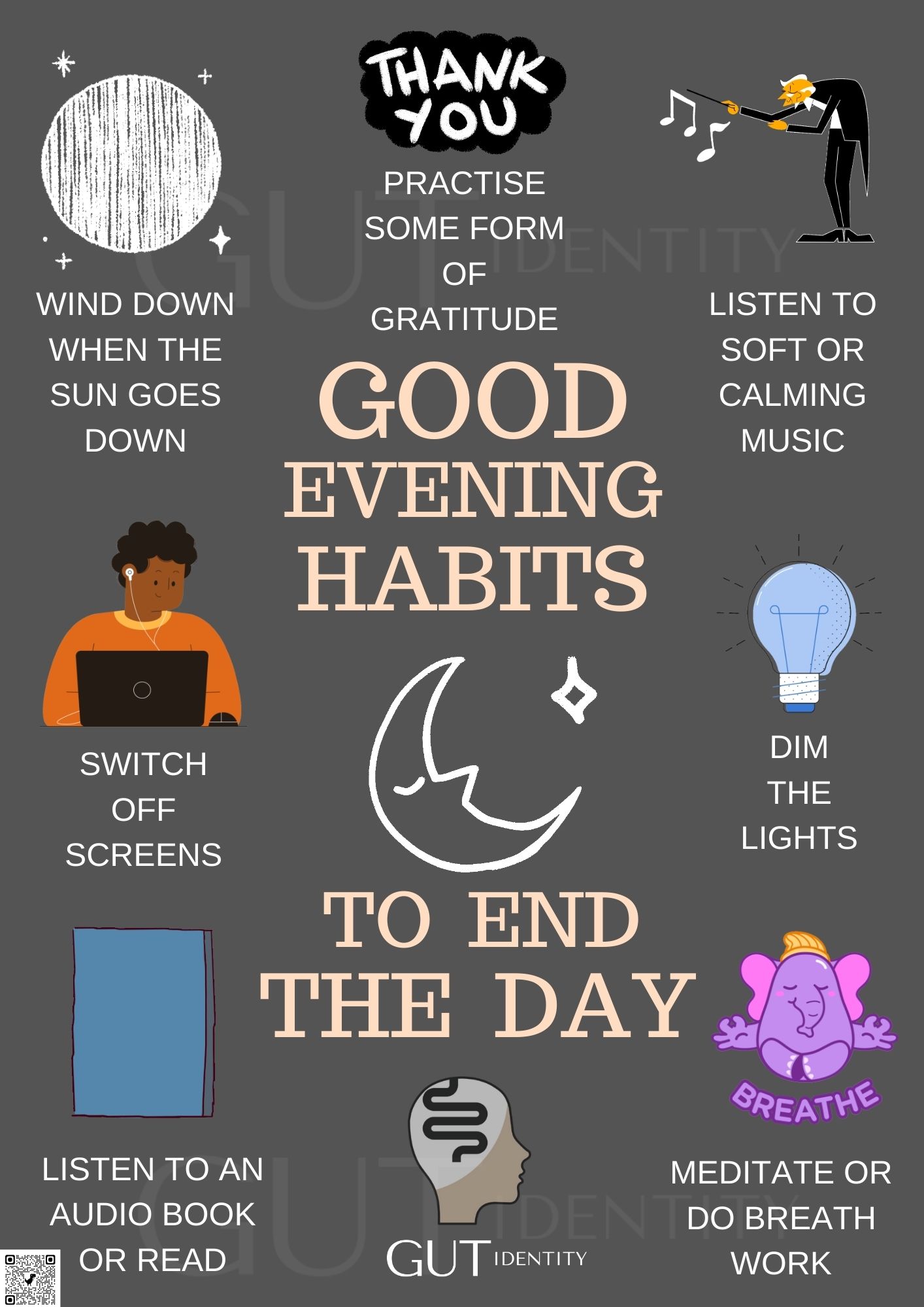
blue light affects melatonin production

Melatonin is a hormone produced by the pineal gland and in the gut, in response to darkness, helping to regulate the sleep-wake cycle. Blue light exposure, particularly from electronic devices like smartphones, computers, and televisions, can suppress the production of melatonin, making it more difficult to fall asleep and reducing the overall quality of sleep.
Specialised cells in the retina called photosensitive retinal ganglion cells (pRGCs) are particularly sensitive to blue light. When exposed to blue light, these cells send signals to the SCN, informing it of the presence of light.
Upon getting a blue light alert from pRGCs, the SCN shoots a message to the pineal gland, a tiny brain gland in charge of making melatonin. It basically tells the gland, “Hold off on the melatonin, we’re not ready for sleep yet!”
related post
Here are some other ways melatonin can affect our gut and brain health:

exposure to blue light can hurt our eyes

Blue light exposure can potentially hurt our eyes through a variety of ways, especially if the exposure is prolonged or intense – think gaming!!!
If you’ve read any of my other stuff, you’ll know I was addicted to playing games like candy crush and angry birds at one point in my life. I played them so much I could see the animations when I closed my eyes. It was like they were burnt into my retinas. I knew how bad this was so I deleted every app off my iPad and phone. It just wasn’t worth it and my eyes stung.
High-energy blue light may contribute to retinal damage over time. Some research suggests that prolonged exposure to blue light, especially at high intensities, could increase the risk of age-related macular degeneration (AMD), a leading cause of vision loss in older adults.
Blue light can create glare and discomfort, particularly when viewing screens in bright environments. This glare can cause discomfort and strain the eyes, leading to symptoms such as squinting and fatigue.
So here are some ways to combat these issues.
what can help reduce our exposure to blue light?
- Use blue light filters or blue light-blocking glasses to reduce blue light exposure, especially in the evening
- Take regular screen breaks to give your eyes a break
- Ensure appropriate lighting when using electronic devices to minimise glare
- Maintain good posture and ergonomics to prevent neck and shoulder tension
- Stick to a consistent sleep routine and limit screen time before bed to support healthy sleep patterns
- Reduce screen time before bed: Avoid devices emitting blue light, like our phones, tablets, computers, and TVs, at least an hour before sleeping

To help reduce our eye strain, check these ideas out
- Take breaks: Follow the 20-20-20 rule: every 20 minutes, take a 20-second break and look at something 20 feet away to give your eyes a rest – use a post-it note to remind you of this if needed
- Adjust your screen settings: Use blue light filters or adjust the colour temperature settings on your electronic devices to reduce blue light exposure, especially in the evening – pretty much all my devices are switched to night mode so they aren’t bright
- Wear blue light-blocking glasses: try wearing glasses with lenses that are designed to filter out blue light, particularly if you spend a lot of time in front of screens – I’ve tried these but they’re aren’t good if you create graphics like me on the computer
- Have proper lighting: Position your screen to minimise glare and use appropriate lighting in your workspace to reduce eye strain
- Maintain a healthy lifestyle: Eat a balanced diet rich in eye-healthy nutrients (vitamin A), stay hydrated, and get regular exercise to support overall eye health. Regular eye exams are also important for detecting any potential issues early on

